Faculty

Director, Division of Pediatric Rheumatology, Allergy, & Immunology
Bryce Binstadt, MD, PhD
Professor
Rheumatology Faculty
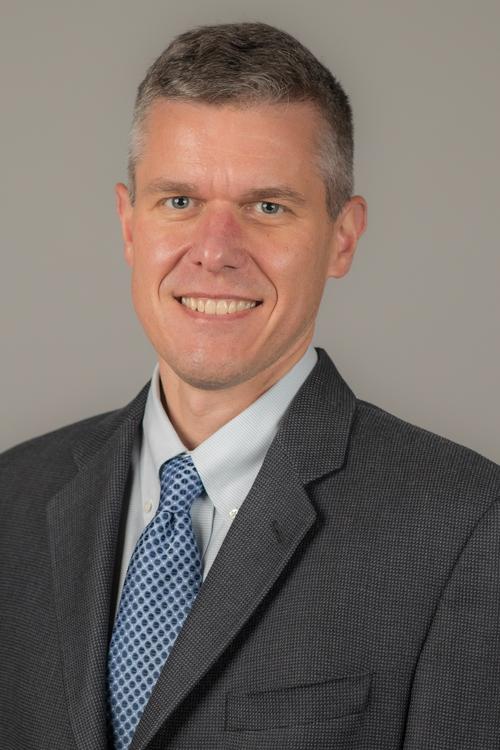
Professor, Division Director, Fellowship Program Director, Division of Pediatric Rheumatology, Allergy, and Immunology
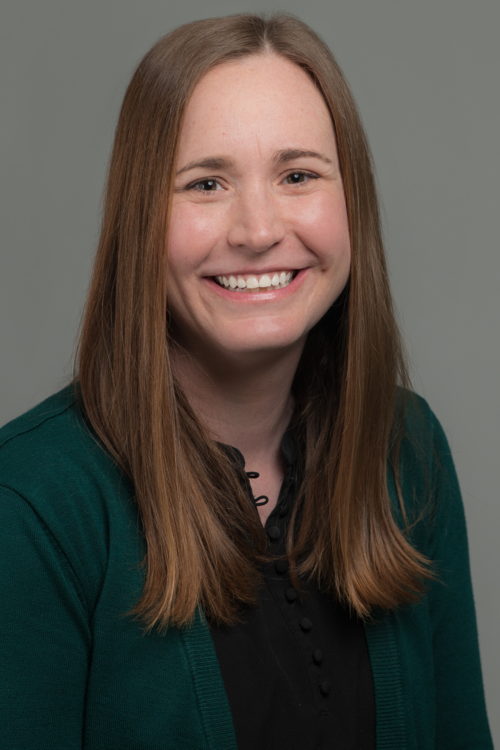
Assistant Professor, Division of Pediatric Rheumatology, Allergy & Immunology

Associate Professor, Division of Pediatric Rheumatology, Allergy, and Immunology

Assistant Professor, Division of Pediatric Rheumatology, Allergy, & Immunology

Associate Professor, Division of Pediatric Rheumatology, Allergy, and Immunology
Assistant Professor, Division of Pediatric Rheumatology, Allergy, and Immunology
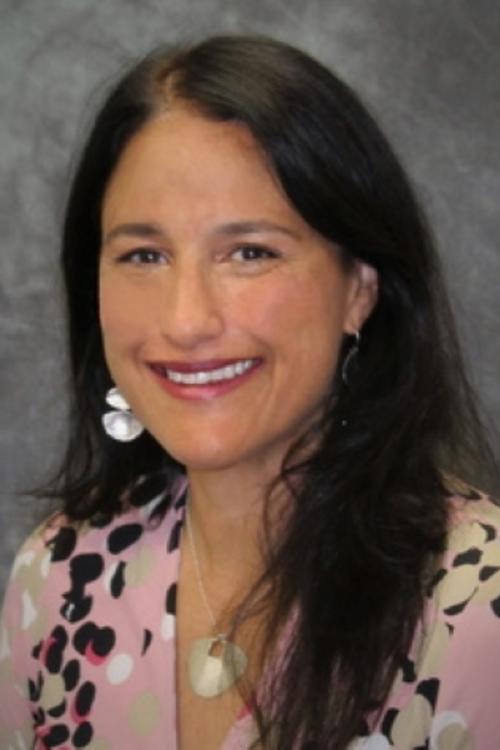
Assistant Professor, Division of Pediatric Rheumatology, Allergy, and Immunology
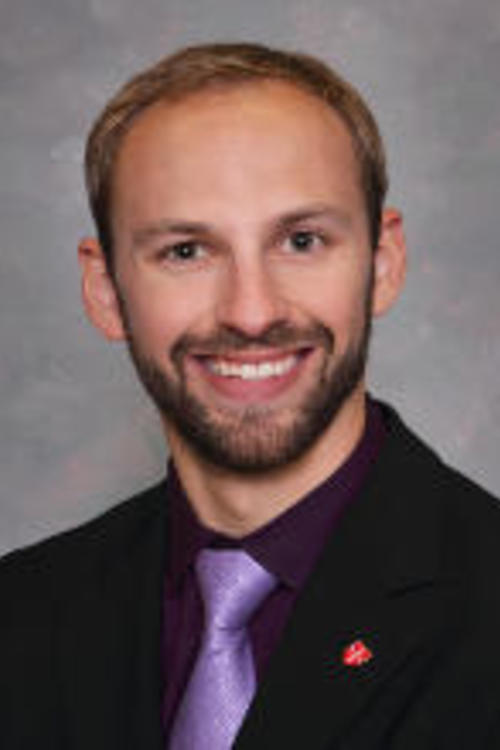
Assistant Professor, Division of Pediatric Rheumatology, Allergy & Immunology
Immunology Faculty

Assistant Professor, Division of Pediatric Rheumatology, Allergy, and Immunology
Research Faculty
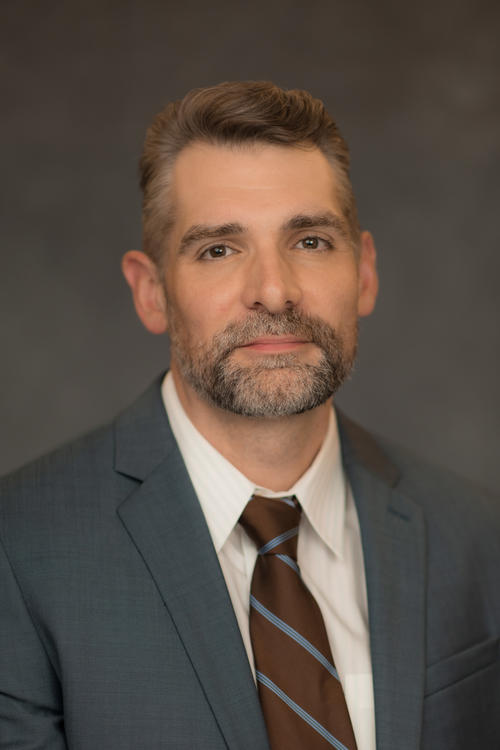
Assistant Professor, Division of Pediatric Rheumatology, Allergy & Immunology